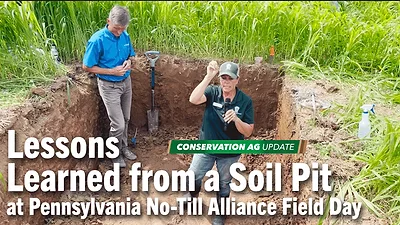Real property law is probably the most antiquated of all legal subjects. Many legal subject matters have been through periods of modernization, when lawyers, judges, and legislatures worked together to update laws for the times. For example, commercial law was modernized in the 1950s when the Uniform Commercial Code (UCC) was published as a model act.
Most states subsequently passed legislation adopting this new framework for resolving commercial disputes. This not only replaced old common law, but more importantly, the UCC reduced an enormous burden on any company doing business across state lines. The outcome of a commercial dispute in a state that adopted the UCC became more predictable.
But real property law — our system for describing, owning, and transferring interests in real estate — continues to exist in the legal dark ages. Interests in land are typically recorded in local records. We still call people who rent property landlords, as if tenants are still some kind of medieval serf. I could go on.
That brings us to 2021, when many companies are rolling out carbon removal programs that ask landowners and farmers to use their land as carbon sinks. As these companies rush to enroll farmland acres, I think they will eventually run into the hurdles put in place by our ancient real property system.
Carbon sequestration contracts for farmland are attempts to restrict usage of land. Historically, restriction on land were put in place by recording easements, mortgages, leases, or deed restrictions. The only way to effectively place restrictions on land for long periods of time is to record that obligation in state or county deed records. Most midwestern states still do this using county, paper-based recoding systems. Without recording the restriction, subsequent owners are not bound by the restriction.
For example, a farmer could enroll 1,000 acres of crop land into a carbon removal program, committing to no-till and plant cover crops for 10 years. The contracting party does not care who owns the property, only that the practices are undertaken for all 10 years, sufficient to generate salable carbon credits.
But after the first year, if that farmer dies and his children inherit his land, they have no obligation to follow the carbon removal practices agreed to by their father — unless those restrictions are recorded in the land’s chain of title as a deed restriction, easement, or some other obligation that runs with the land.
I’ve yet to see any company with an easy solution to the cumbersome challenges created by our decentralized system of maintaining land records. For any widespread carbon removal program, the challenge of individually recording land restrictions in local land records will be immense.
Maybe climate change contracts involving land will be catalyst for a real property law renaissance. I can only hope.






